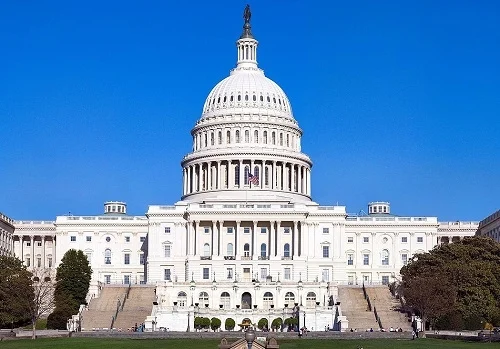CFTC fines six banks $8.3m in first Sprint enforcement
5th September, 2025|Aravind Bulusu

The US futures watchdog has fined six banks $8.32 million (£6.2m) for compliance violations, marking the first penalties under the Commodity Futures Trading Commission’s new Sprint enforcement approach.
The regulator said the fines, which relate to record-keeping and reporting breaches by ten entities across six banking groups, are the first issued by the US agency under its new Sprint programme that encourages firms to self-report violations in return for a quick resolution and lighter penalty.
CFTC acting chair Caroline Pham said: “The goal of the enforcement sprint was to provide firms an opportunity to work with DOE (Division of Enforcement) to fairly and efficiently resolve compliance-related investigations. This initiative did just that, and positions DOE staff to refocus on fighting fraud and helping victims.”
Charles Marvine, acting chief of the CFTC retail fraud and general enforcement task force, said: “The enforcement sprint not only allowed the CFTC to wrap up these six matters efficiently and conserve resources, but it was also part of a larger effort to help DOE clean up its overall docket and prioritise pursuing fraudsters.”
Three orders refer to three subsidiaries of UBS, two divisions of Banco Santander and two subsidiaries of BNY Mellon. The other three orders are for breaches by Citigroup Global Markets, SMBC Capital Markets and US Bank National Association.
The regulator said each firm has completed or nearly completed remediation and agreed to cease and desist from further violations of the Commodity Exchange Act and CFTC regulations.
In a statement on Thursday, Pham said: “We are finally right-sizing and fixing the regulations proposed over the last several years that do not serve our mission, including the unworkable Dodd-Frank rules.”


